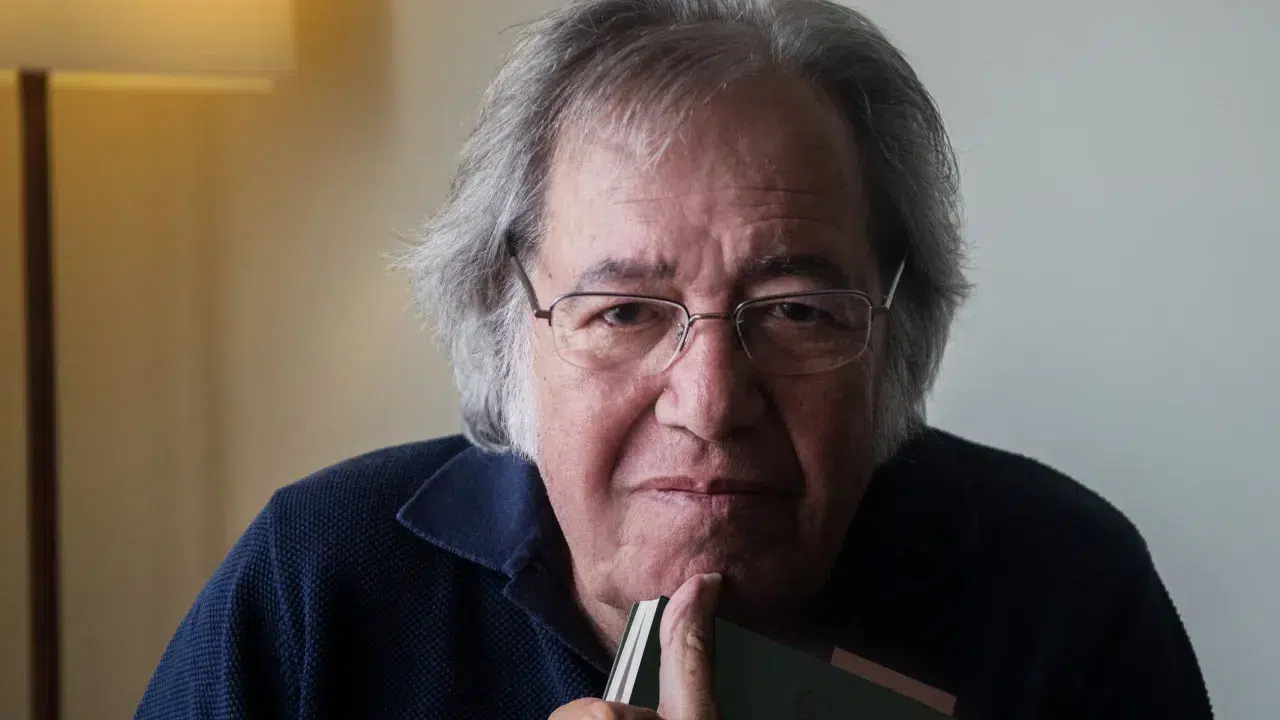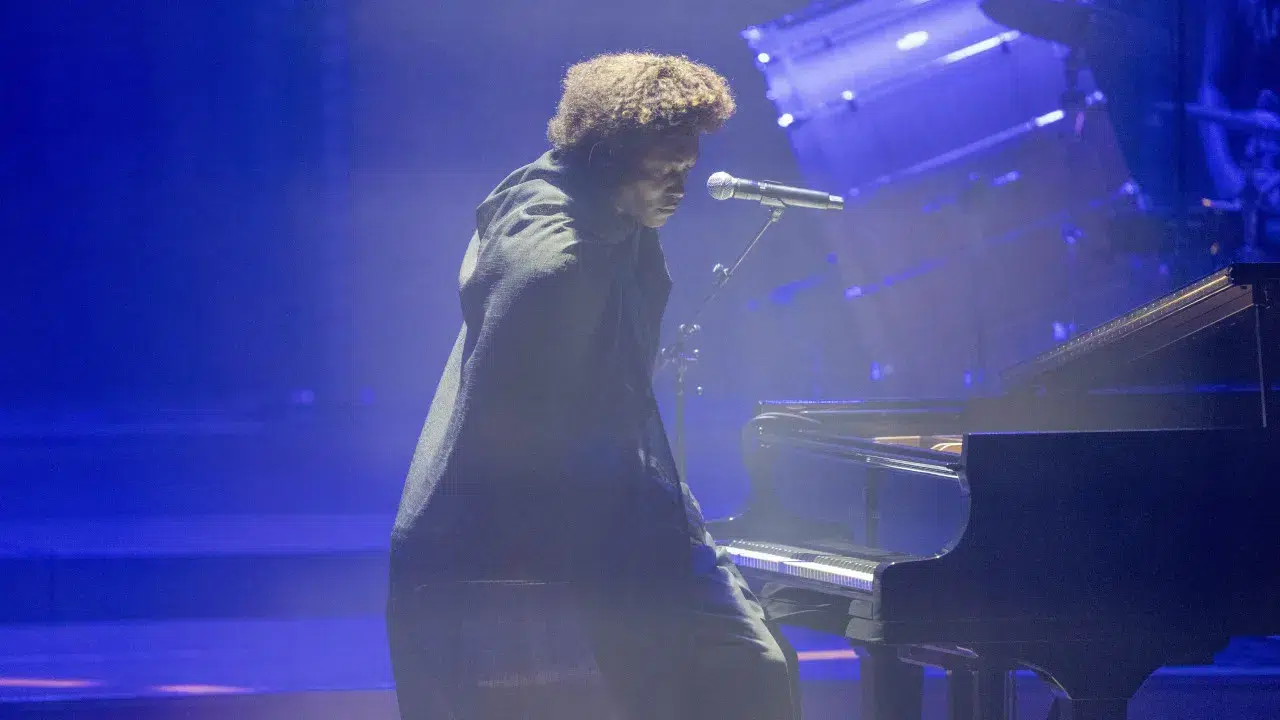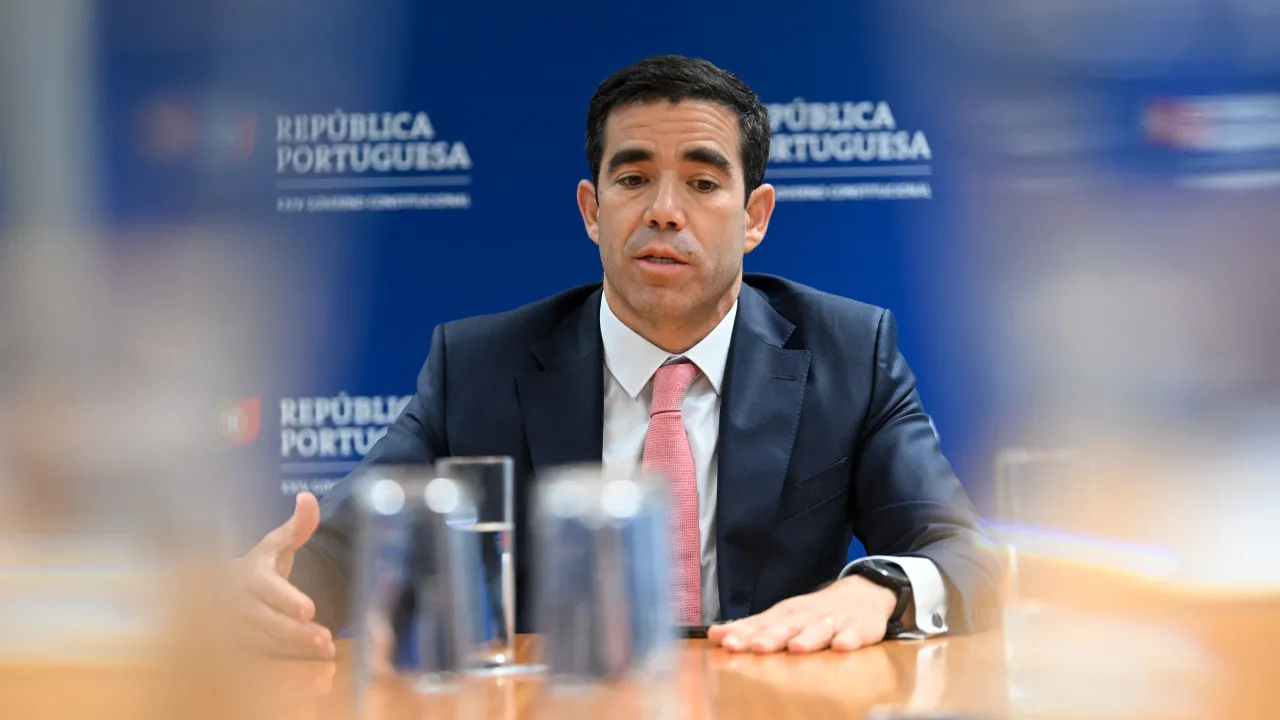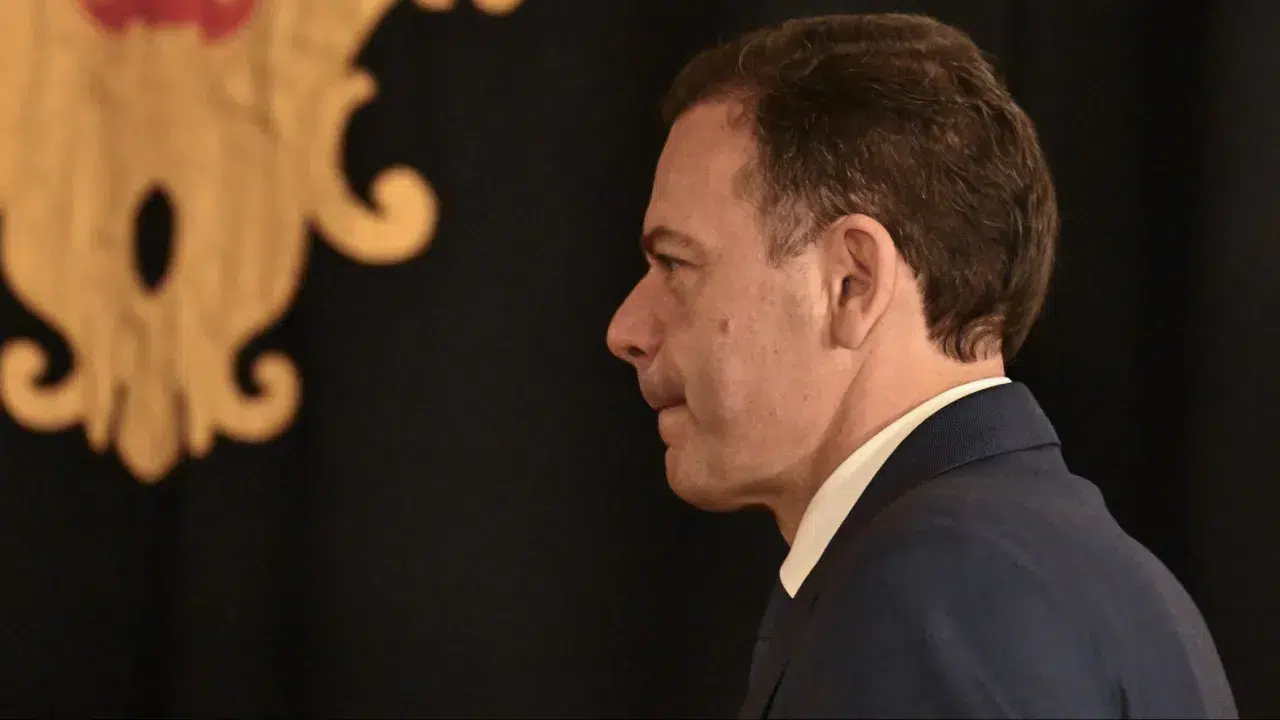Singers Bárbara Tinoco and Carolina Deslandes are releasing the album “A madrugada que eu esperava” this month, which features guests such as Sérgio Godinho, Paulo de Carvalho and Luísa Sobral and includes songs from the musical they both created.
According to the two artists’ management, the album, which will be released on April 25, consists of 17 songs “that bring together the voices of the revolution and the present”.
“Sérgio Godinho, Paulo de Carvalho, Luísa Sobral, Filipe Melo, Salvador Sobral, Rita Rocha, Tatanka, Tiago Nogueira, Buba Espinho and Diogo Branco are the guests on this long-player which, more than an album, is an ode to freedom, in the year that marks the 50th anniversary of the Carnation Revolution,” reads a statement sent to the Lusa news agency.
The album “A madrugada que eu esperava” is the result of the musical of the same name, created by Bárbara Tinoco and Carolina Deslandes, which premiered on February 14 at the Teatro Maria Matos in Lisbon and will be on stage there until April 28. The musical will then be performed in Porto, on May 30 and 31 at the Coliseu.
In addition to the 13 songs performed on stage, the album includes four unreleased songs composed for the same purpose, but which ended up being left out of the show.
Professional colleagues, but above all great friends, Carolina Deslandes and Bárbara Tinoco wanted to create a musical together, “the first idea” they had for a joint project.
Initially they had no idea for the story, but one thing was certain: that the writer Hugo Gonçalves would be responsible for the text.
The writer, who, when the invitation came, had just finished the novel “Revolution” – published in October, the story of which takes place at the time of April 25, 1974 – and therefore had the Carnation Revolution fresh in his mind, ended up creating a “classic ‘boy meets girl’ story, which writers and playwrights return to again and again”.
The protagonists – Olívia and Francisco – live a forbidden love story and, through it, “the spirit of the time is reflected and it shows what it was like to live before April 25 [1974] and also during that revolutionary period, which was a very intense period,” the writer told Lusa at the premiere of the musical.
In the show, directed by Ricardo da Rocha, Carolina Deslandes and Bárbara Tinoco alternate the roles of Olívia, the protagonist, and Clara, her sister. Diogo Branco, who is also a musician, plays Francisco.
The play’s cast also includes Brienne Keller, Dinarte Branco, JP Costa, João Maria Pinto, Jorge Mourato, José Lobo, Maria Henrique, Mariana Lencastre and musicians Feodor Bivol, Luís Delgado, Marco Pombinho, Miguel Casais, Rui Pedro Pity and Sandra Martins, who are on stage playing live during the show.
The album includes the instrumentals recorded in the studio, as presented on stage by the musicians, with guitar contributions from Diogo Clemente and Pedro Mourato.
In the show “A madrugada que eu esperava” – a verse taken from a poem by Sophia de Mello Breyner Andresen – the story takes place mainly between 1971 and 1975, but in the end time jumps to 2024, the year in which the revolution celebrates its 50th anniversary.
We learn where life has taken Olivia and Francisco and it is from this part of the show that Hugo Gonçalves and Bárbara Tinoco highlight a phrase said by the protagonist: “the right to freedom implies the duty of memory”.
“When we forget the past, we risk repeating those mistakes in the present. If we can somehow remember what it was like to live before the revolution and what the country was like, in addition to the entertainment we’re giving people, we’re doing a good job,” said the author of the text.
Bárbara Tinoco believes that this musical “is the duty of memory, which explains the right to freedom”.
“It’s a family show, where the older ones can get emotional, and the younger ones can understand the importance of voting, the importance of taking an interest in the country’s political affairs,” she said, recalling that she and Carolina, like so many other young people, grew up without questioning freedom.
The singer stresses that the play’s protagonists “didn’t have freedom and they’re always thinking about how they’re going to get it”. “Olivia was committed to everyone having freedom. Today, 50 years later, it’s important to shout ‘Fascism never again!’ and that’s something to think about,” she said.
Carolina Deslandes recalls that “if there hadn’t been April 25, this play wouldn’t exist”, that she probably wouldn’t be able to say the things she says (the singer has already publicly taken positions on issues such as women’s rights, racism or housing), and that Bárbara Tinoco “couldn’t have a song like ‘Despedida de Solteira’, for example”, or the two of them wouldn’t be able to perform on stage the way they want to.
“People had to fight and sacrifice so that we could be here today, and that can never be seen as just one of the thousands of things that happen on a daily basis. This was the great event that changed the history of our country, and I wouldn’t like to see it happen again,” said Carolina Deslandes.








